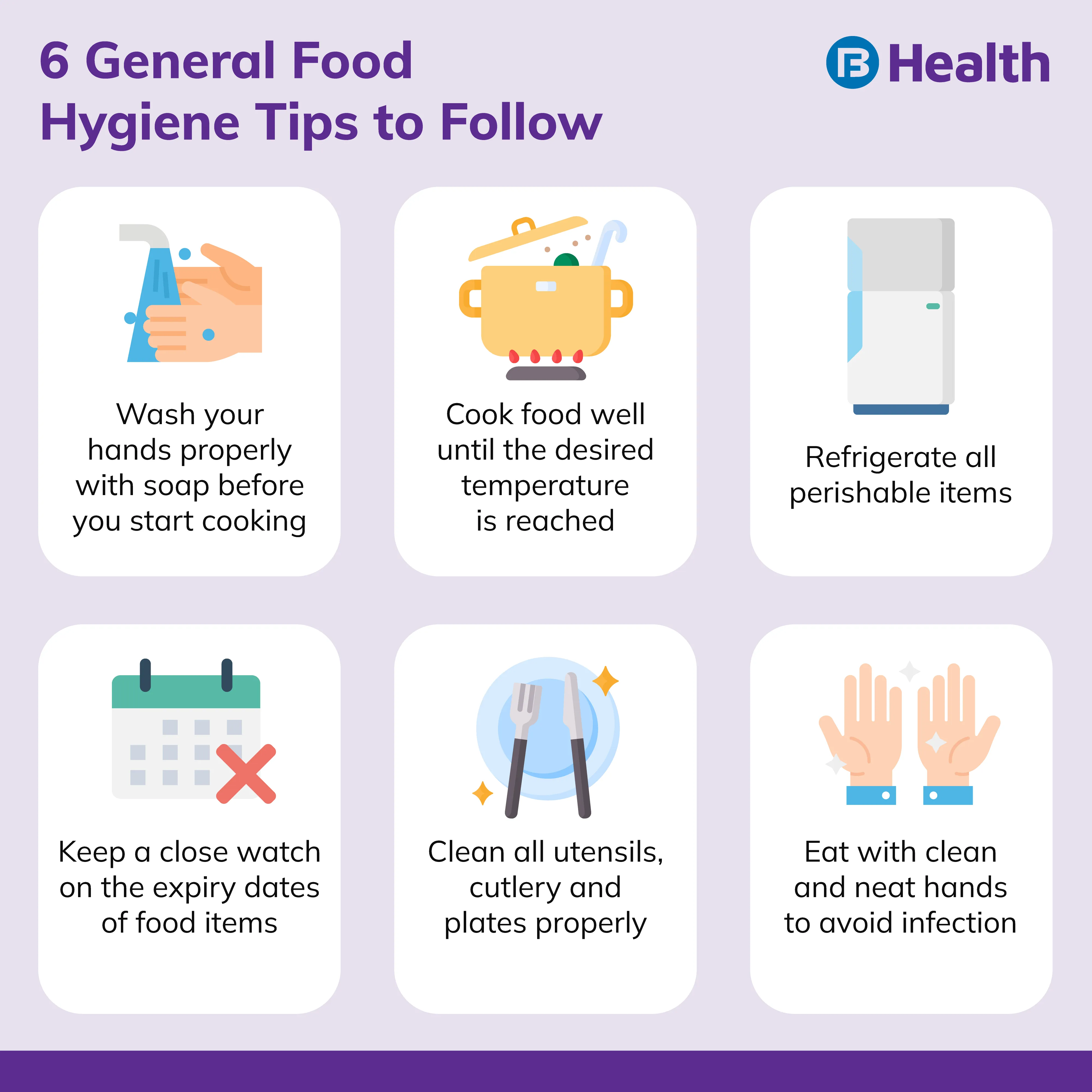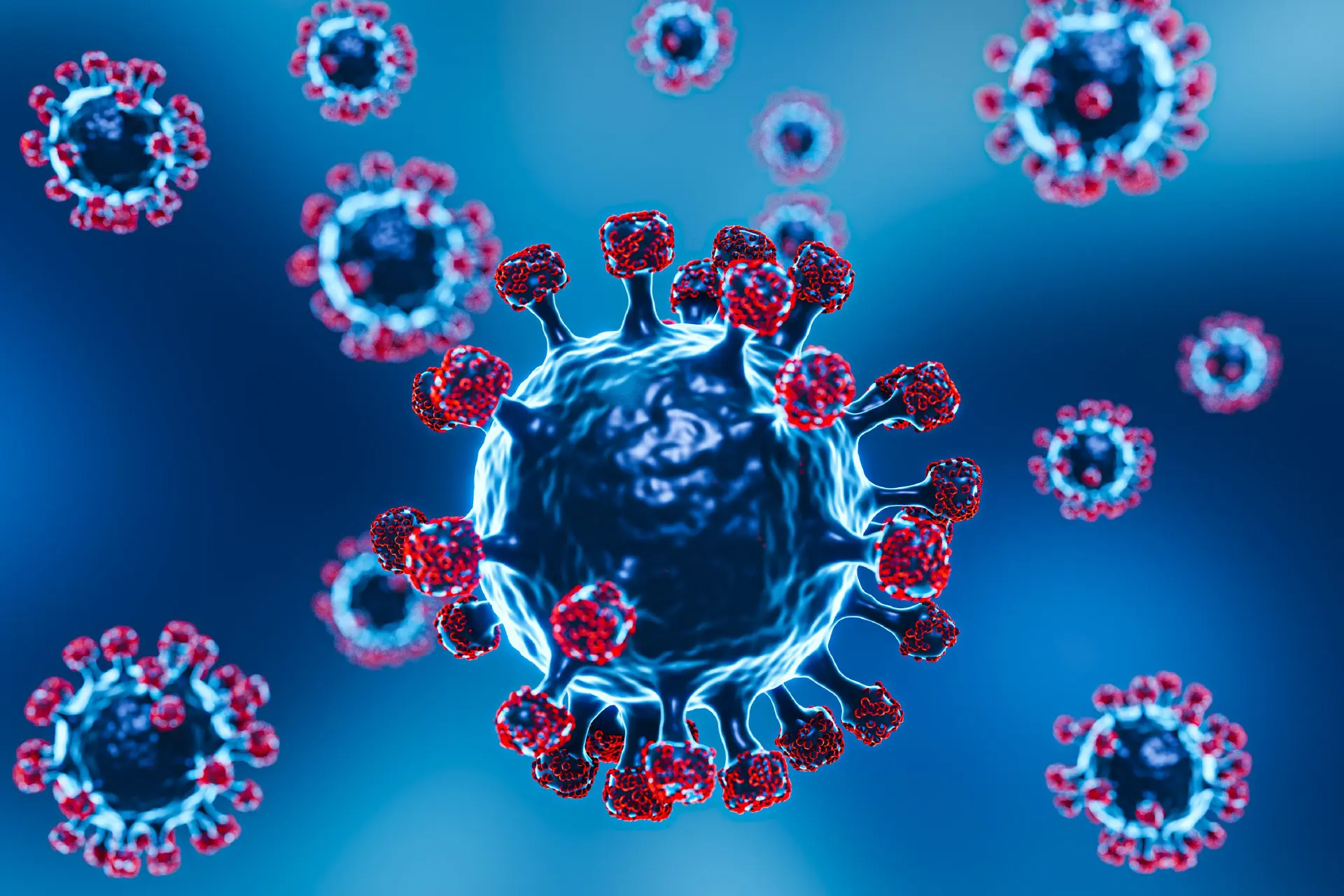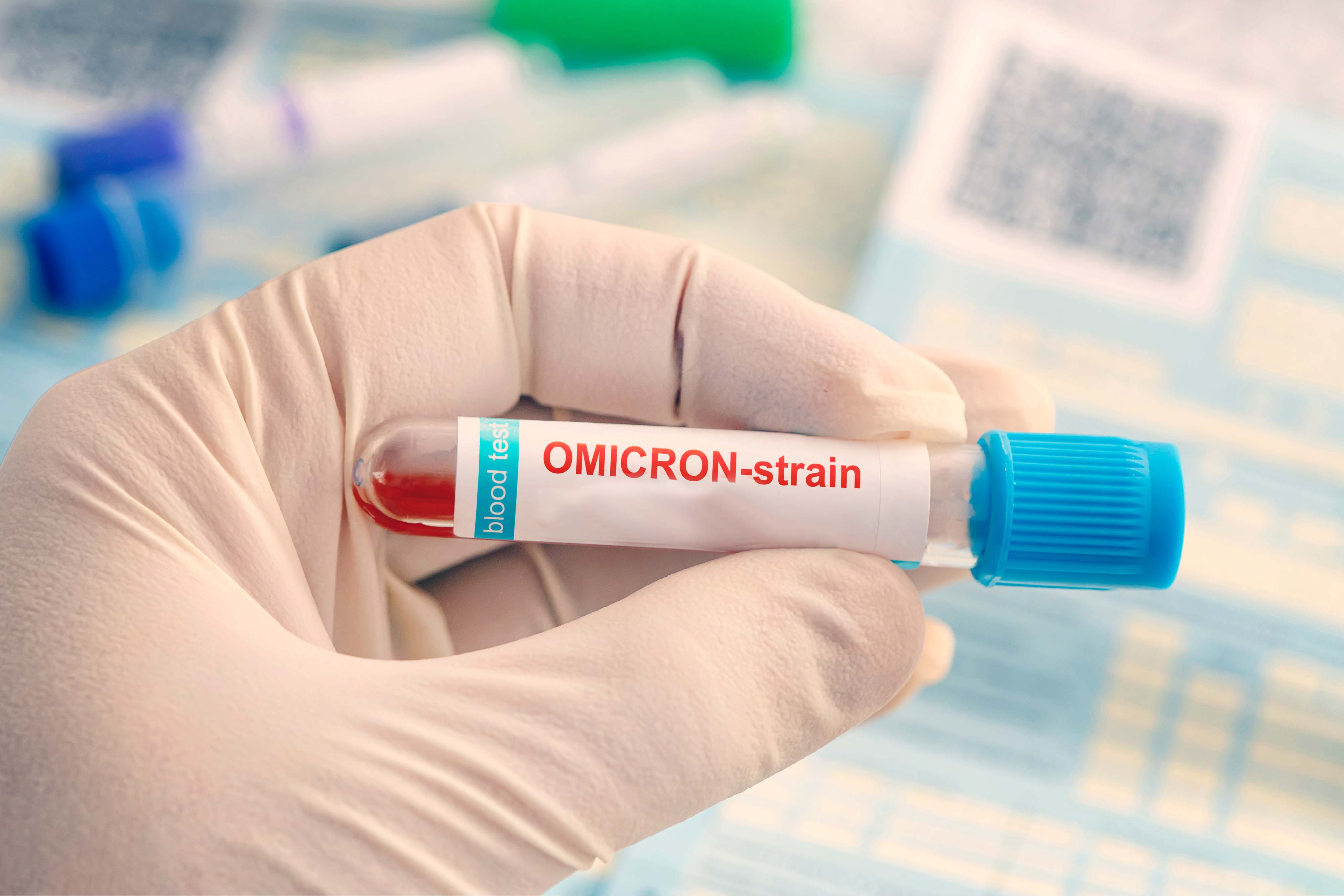Covid | 4 min read
Nutrition Advice for COVID-19: 6 Simple Tips to Boost Immune System
Medically reviewed by
Table of Content
Key Takeaways
- Eating fresh foods forms an important part of COVID-19 nutrition advice
- Practice safe food hygiene for fast recovery from the infection
- Have foods that help in boosting your immune system against coronavirus
The COVID-19 outbreak has affected millions of people globally. Thanks to rigorous vaccination programs, COVID-19 outcomes have been under control. According to WHO, the number of confirmed cases amount to more than 250 million with over 7 billion people already vaccinated [1]. While taking precautionary measures is essential, it is equally important to follow proper nutrition advice for adults and children during this time. With the help of proper nutrition therapy, recovering from COVID becomes easier. Consuming food to boost the immune system forms the basis of nutrition advice for COVID-19. Remember, a strong immune system lowers the risk of health ailments. For boosting your immune system against coronavirus, follow these easy health tips.
Additional read: Home Healthy Diet for COVID Survivors: What Foods Boost your Immunity?Important Nutrition Advice For COVID-19
Consume fresh foods daily
Eat a balanced diet containing all essential nutrients in equal proportions. Include plenty of fruits and vegetables in your meals to get vital minerals and vitamins. It is also important for you to avoid processed foods as these have zero nutritional value.
When you have a COVID infection, your immunity tends to become weak. Eating vegetables and fruits helps you boost immune system and fight infectious diseases. The diet advice given to COVID patients is to eat at least 2 cups of fruits and 2.5 cups of vegetables daily. Snacking on raw vegetables like cucumbers and carrots is beneficial to your health. Compare this to the high salt and sugar content in chips or biscuits!

Limit your intake of saturated fats
Saturated fats are present in abundance in animal products like:
- Cheese
- Meat
- Butter
- Ghee
Consuming too much saturated fat increases bad cholesterol in your body. An increase in LDL cholesterol can cause plaque buildup in your arteries. This can reduce blood circulation to and from the heart. This increases your risk of heart ailments and stroke. When you are in the COVID recovery phase, it is better to avoid eating foods that contain saturated fats and triglycerides.
Reduce the amount of salt and sugar in your diet
Excess sodium can result in stomach bloating and water retention. When you have more salt, your blood pressure also increases and makes you feel very thirsty. High blood pressure can increase your risk of heart ailments and other complications. Apart from this, excess salt also results in the loss of calcium from your bones. It can result in fragility and weakness of bones. Just like salt, too much sugar can also cause heart diseases. Excess sugar may result in diabetes and can cause weight gain too. So, stay away from products like cakes, pastries and fruit juices. Instead, you may have fruits as dessert!
Practice proper food hygiene
Take care to follow hygienic measures while handling food, especially if you are recovering from an infection. Though the COVID-19 respiratory virus does not spread through food, practicing safety ensures that you do not contract or pass the infection to others. Follow these simple measures for faster recovery from the infection [2]:
- Wash your hands before touching food
- Keep cooking surfaces and utensils clean
- Cook the food properly
- Segregate cooked and raw food
- Use pure water for cooking food
- Store food at safe temperatures
Incorporate pulses and legumes in your diet
Good nutrition helps your body heal faster and increases your energy levels. Since immunity weakens during an infection, increasing your protein intake helps in increasing the production of T cells. These cells boost your immune mechanism and help you recover from an infection faster. Proteins are macronutrients that are essential for building bones and increasing your strength. So, have legumes and pulses in your meals to make your recovery smoother. These include:
- Green gram
- Chickpeas
- Whole black lentils
- Kidney beans
- Red lentils
- Yellow lentils
- Black-eyed peas
Keep yourself hydrated
Drinking water is essential to flush out harmful toxins from your body. Even if you are not feeling thirsty, sip fluids throughout the day. You can include coconut water and butter milk along with immunity booster drinks in your recovery diet. Prepare a kadha with tulsi, ginger, cinnamon and pepper and drink it daily to improve your immunity [3].
Now that you are aware of how important it is to follow nutrition advice for COVID-19 for adults and children, take care to incorporate these healthy tips in your life. This helps in boosting your immune system, which is absolutely essential during the ongoing pandemic. All these tips on nutrition are helpful if you have contracted COVID-19 or are recovering from it. For more advice on nutrition, talk to certified nutritionists on Bajaj Finserv Health. Book an online doctor appointment and get the right information for your meal plans. Follow these healthy measures and stay safe during the continuing COVID-19 outbreak.
References
- https://covid19.who.int/
- https://www.ncbi.nlm.nih.gov/pmc/articles/PMC7454801/
- https://www.nutritioncare.org/uploadedFiles/Documents/Guidelines_and_Clinical_Resources/COVID19/COVID19%20Patient%20Nutrition%20Paper.pdf
Disclaimer
Please note that this article is solely meant for informational purposes and Bajaj Finserv Health Limited (“BFHL”) does not shoulder any responsibility of the views/advice/information expressed/given by the writer/reviewer/originator. This article should not be considered as a substitute for any medical advice, diagnosis or treatment. Always consult with your trusted physician/qualified healthcare professional to evaluate your medical condition. The above article has been reviewed by a qualified doctor and BFHL is not responsible for any damages for any information or services provided by any third party.





